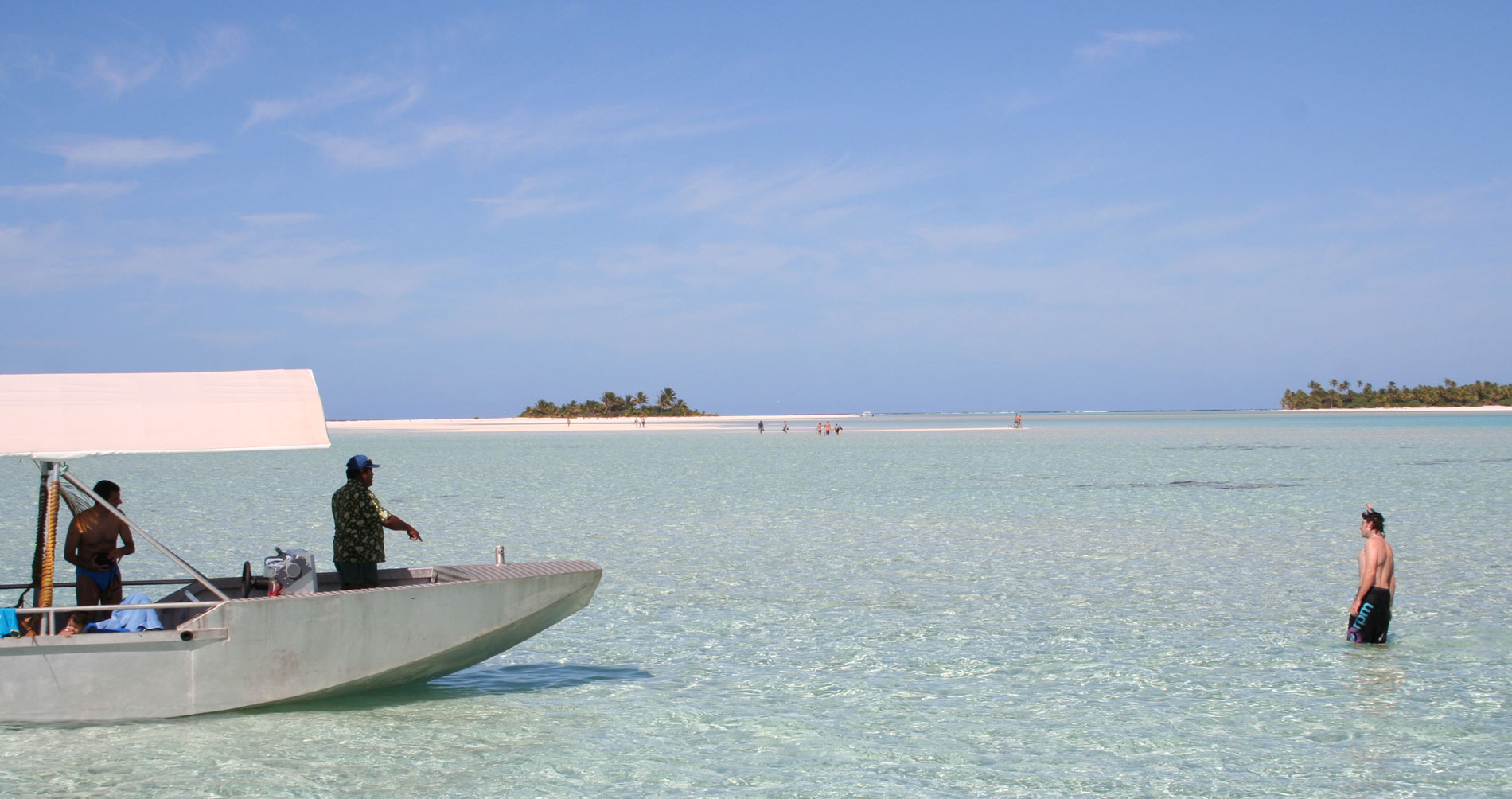How is Cholera spread?
Cholera is usually spread by food or water contaminated directly or indirectly with faeces or vomit of infected people. Drinking water, raw or poorly cooked seafood, raw fruit and vegetables and ill prepared food can all be common ways of getting the disease.
The disease is present in all developing countries where water supplies, sanitation, food safety and hygiene practices are inadequate.
Cholera can occur in outbreaks affecting many people eg: during natural disasters like flooding, when sanitary conditions are poor.
What are the symptoms of Cholera?
Symptoms of Cholera are watery diarrhoea, vomiting and leg cramps. Rapid loss of body fluids leads to dehydration and shock. Left untreated, death can occur quickly.
Mostly, it can cause just a mild diarrhoea with minimal discomfort that can sometimes be mistaken for travellers diarrhoea.
Who is at risk?
Cholera is very rare among travellers and vaccination is only recommended in certain circumstances such as health workers and those travelling to disaster relief zones. It can depend on your travel itinerary though, so we recommend you discuss it with our Travel Health experts.
How to avoid Cholera
There is a vaccination against Cholera which is a drink taken in 2 doses. An additional benefit to the vaccination is it offers protection against the organism that causes ‘Traveller’s Diarrhoea’ which is why some travellers choose to have it.
The main ways to avoid Cholera are through food and water safety.
Make sure your drinking water (and the water you brush your teeth with) is steralised.
If you have ice in your drinks, make sure you know where the water that made it came from.
Avoid raw seafood and raw foods that you don’t know the nature in which they have been prepared.
“Cook it, Peel it, Boil it or Avoid it” is our motto.
Eat food that has been thoroughly cooked and is hot when served.
Be aware of ice cream that comes from an unreliable source.
Further information about Cholera
Please note that the recommendations given are general guidelines as to what may be required for a trip to these countries. However, they really do depend on many factors of your travel itinerary and medical history. All travellers are strongly advised to make an appointment to see a WORLDWISE Travel Doctor for up to date advice (including a vaccination plan and anti-malaria recommendations) tailored specifically to your upcoming trip.
Remember, our Travel Health Specialists are travellers too and have probably been to the region that you are going to. They appreciate the importance of enjoying a problem-free trip and of staying healthy abroad.

